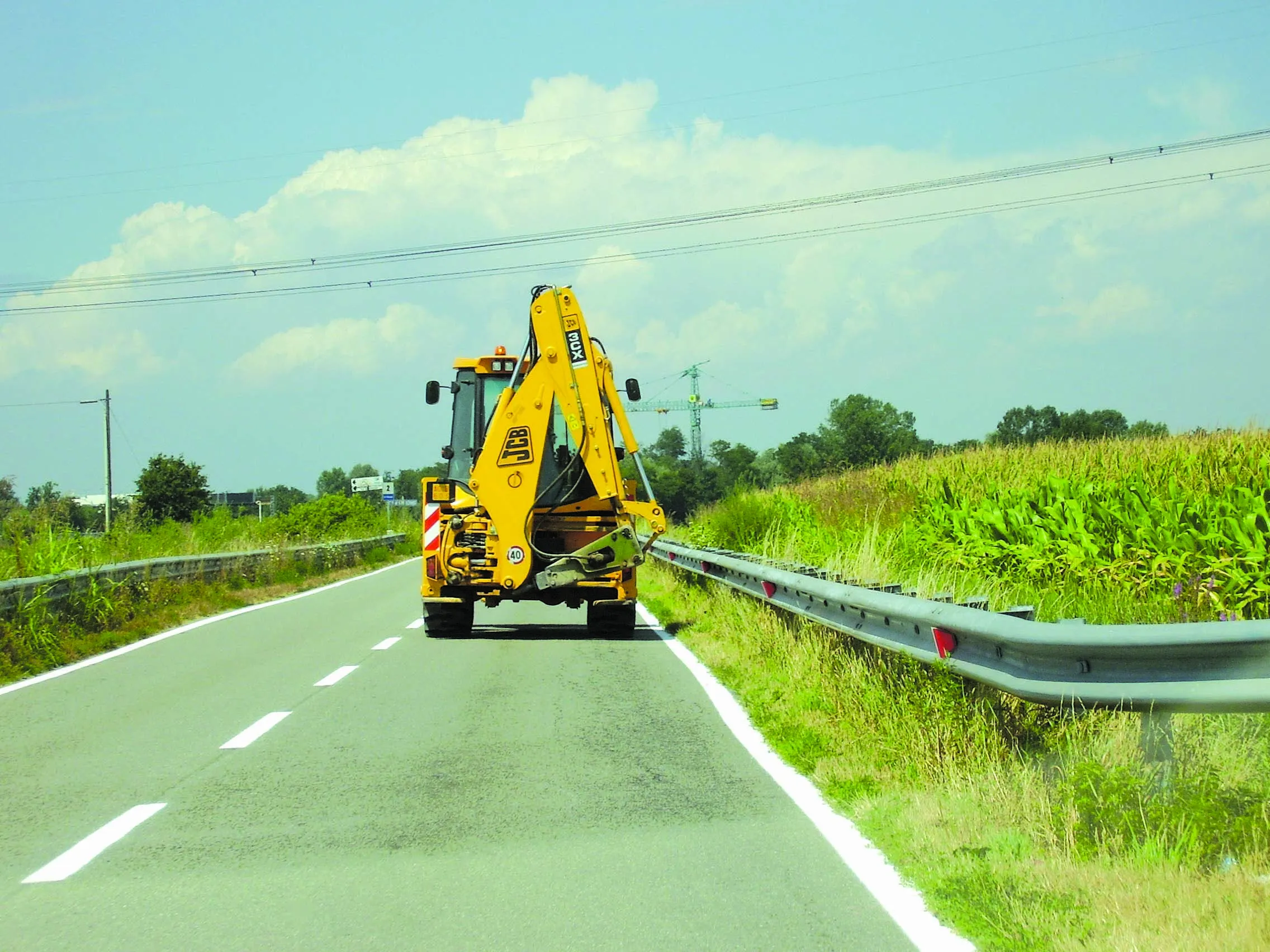The US Federal Highway Administration (FHWA) yesterday launched a solicitation under its Technology Partnerships programme that aims to help highway industry innovations make the leap from promising prototypes to market-ready products. Each grant award will range from US$250,000 to $1,000,000 for up to two years of performance, to fund the critical final steps in developing technologies with potential to improve highway quality and safety or reduce construction congestion. The programme also promotes partne
April 24, 2012
Read time: 2 mins
The US 2410 Federal Highway Administration (FHWA) yesterday launched a solicitation under its Technology Partnerships programme that aims to help highway industry innovations make the leap from promising prototypes to market-ready products. Each grant award will range from US$250,000 to $1,000,000 for up to two years of performance, to fund the critical final steps in developing technologies with potential to improve highway quality and safety or reduce construction congestion. The programme also promotes partnerships with state and local highway agencies to test and demonstrate those technologies in real-world settings.
The major criteria for receiving grants are that the innovation/treatment must offer significant potential to directly reduce crashes or crash severity in one of the following focus areas:
Examples of innovations that would be considered include static or dynamic traffic control devices, roadside safety hardware, and pavement treatments to reduce crashes, typically technologies that improve pavement texture or friction. Alternatively, innovations that significantly enhance decision-making relative to the deployment of treatments to reduce crashes, crash severity, and the understanding of the effectiveness of the treatments would also be considered.
For full information on the programme and details of the latest solicitation, which is open to all, including international companies, visit %$Linker:External 0 0 0 oLinkExternal www.fhwa.dot.gov/hfl/tech.cfm US Department of Transportation false http://www.fhwa.dot.gov/hfl/tech.cfm false false %>
The major criteria for receiving grants are that the innovation/treatment must offer significant potential to directly reduce crashes or crash severity in one of the following focus areas:
- roadway departure events, with a priority on those occurring on two-lane rural roads, or
- intersections, with a priority on rural, unsignalised intersections, or
- pedestrian-related detection, warning and enhanced conspicuity.
Examples of innovations that would be considered include static or dynamic traffic control devices, roadside safety hardware, and pavement treatments to reduce crashes, typically technologies that improve pavement texture or friction. Alternatively, innovations that significantly enhance decision-making relative to the deployment of treatments to reduce crashes, crash severity, and the understanding of the effectiveness of the treatments would also be considered.
For full information on the programme and details of the latest solicitation, which is open to all, including international companies, visit %$Linker:








